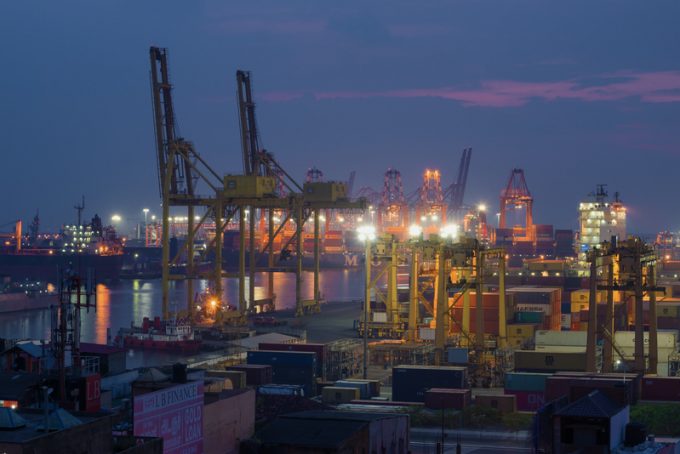Foxconn faces iPhone challenges in India following Chinese pressure
Apple contract manufacturer Foxconn is facing multiple operational challenges in India due to the tactical ...

Operations at the port of Colombo resumed this afternoon following the end of a strike by port staff, which began yesterday following the resignation of Sri Lanka’s prime minister, Mahinda Rajapaksa, and severe political unrest.
Activities at the port have been severely disrupted over the past couple ...

Comment on this article